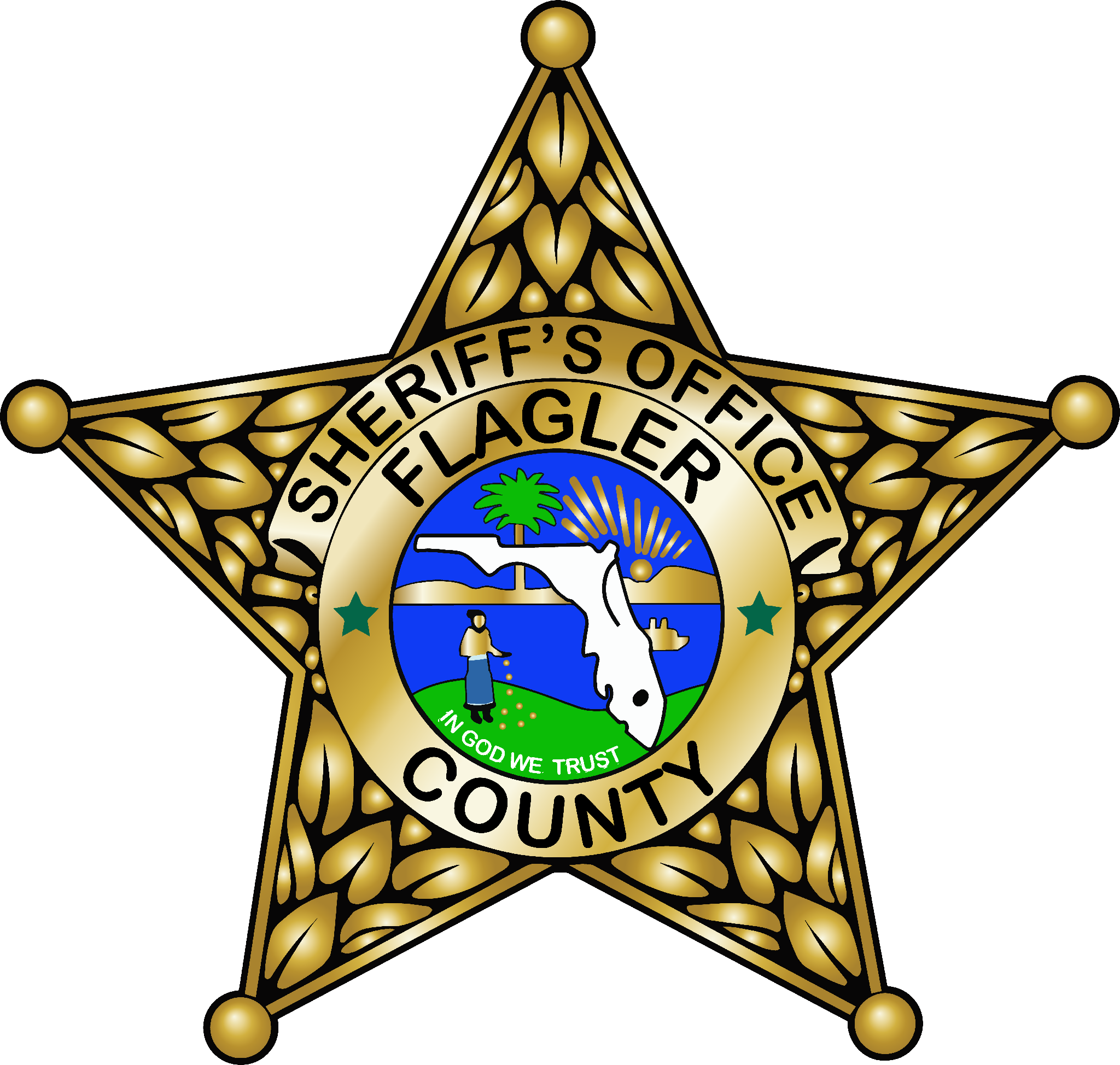Your 9-1-1 Questions, Answered
When should I call 9-1-1?
9-1-1 should be dialed for emergencies only. An emergency can be any life-or-death situation, in progress crimes, fires, medical emergencies or anytime you feel you are in a dangerous situation.
When should I call the non-emergency number? (386-313-4911)
The non-emergency number should be dialed for any non-emergent situations where you still request assistance from police, fire or EMS personnel. If you are calling to reach another FCSO department, please call 386-437-4116 and select the appropriate option.
Who answers the 9-1-1 lines and who answers the non-emergency lines?
The same dispatchers who answer the non-emergency lines are the same dispatchers who answer the 9-1-1 lines. If you ever call the non-emergency line and are asked to be placed on a brief hold, this is due to us having to answer incoming emergency lines. Emergency lines will always take priority, but our goal is to answer every call as quickly as possible.
What happens when I call 9-1-1?
When you call 9-1-1, the call will ring into our Communications Center and will be answered by a certified dispatcher. The dispatcher that answers your call is trained to handle all emergencies for police, fire or medical. The first question they will ask you is “what is the location of your emergency?” Once the location is gathered and verified, they will start information gathering by asking you questions. As the dispatcher is asking you questions, another dispatcher is dispatching the call over the radio to either law enforcement or fire / rescue. Depending on the nature of the call, the dispatcher may keep you on the line until a responder arrives on scene. Please do not hang up the line until you are advised to do so.
Why do dispatchers ask so many questions?
Our highly trained staff in the Communications Center are trained to ask a series of questions in a particular order. You will be asked to provide your location first and then they will ask questions in reference to what is occurring. Please be patient with the questions and understand that their goal is to get your help as quickly as possible. The questions being asked will not delay the call from being dispatched.
Why does the dispatcher ask for my location even though they should see it when I call 9-1-1?
Although most 9-1-1 calls will show us your location when you call, we still want to make sure we have your accurate location. Your location is the most vital piece of information that we need so we can be sure to send help to you as quickly as possible. When asking for your location, we will also ask you to confirm any apartment numbers, building numbers or which floor you are on if you are in a multi-story structure.
What happens if I accidentally dial 9-1-1?
Stay on the line! Please do not hang up if you accidentally dial 9-1-1. The dispatcher will still ask you to confirm your information such as location, name and phone number and verify that you do not have an emergency. 9-1-1 hang up can cause more work for the dispatchers if you disconnect the line, so please stay on the line. If you hang up the call, it will still ring into our communications center and the dispatcher will now have to call you back and dispatch a law enforcement officer. Please note that even cell phones that do not have a service provider can still call 9-1-1 if they have power, so we ask that you please don’t allow children to play with old phones!
Can I call 9-1-1 and be transferred to another state?
No, we are not able to transfer a 9-1-1 call to another state. When you call 9-1-1 you are going to reach the dispatch center for the jurisdiction that you are currently in. The quickest way to get assistance in another state is to obtain the 10-digit number for their communications center, which can often be found on their agency’s website.
What certifications and training are required for dispatchers?
All of the dispatchers at the Flagler County Sheriff’s Office go through an extensive state-approved training program that is done in-house. Training typically takes 12-months from the date of hire and includes on-the-job training with a certified Communications Training Office, Public Safety Telecommunicator certification, Emergency Medical Dispatch certification, CPR certification, NCIC / FCIC certification and many FEMA certifications. At the conclusion of training, every dispatch is required to take a state examination.

